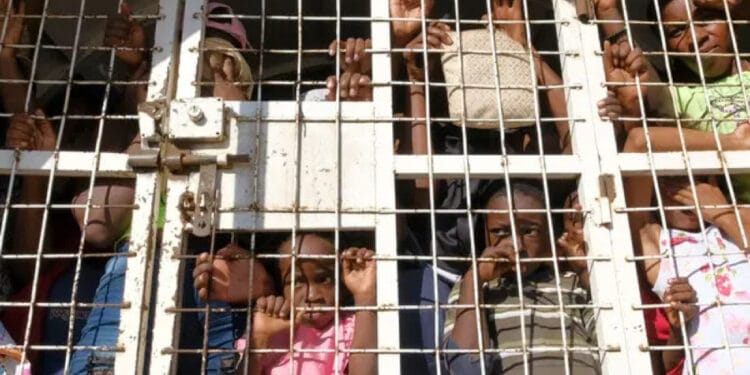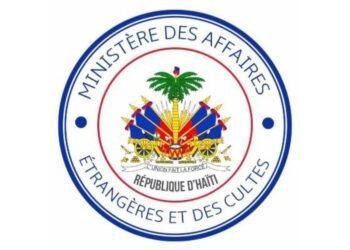The migration situation between Haiti and the Dominican Republic has intensified in recent months, raising crucial questions about the responsibility of Haitian diplomacy.
Between January 2024 and April 2025, almost 210,000 people, mainly Haitians, were expelled from Dominican territory as part of a policy of mass deportations instituted by Dominican President Luis Abinader.
Haitians account for 99.4% of those expelled. This alarming figure highlights a humanitarian crisis that requires a rapid and effective response from the Haitian authorities.
Abinader’s policy of deporting up to 10,000 illegal Haitians every week was recently toughened with the introduction of 15 additional measures in April 2025.
These measures, justified by security concerns and respect for human rights, seem to be geared more towards the stigmatization and exclusion of Haitian migrants than towards genuine humanitarian management of the migration issue.
Faced with this situation, Haitian diplomacy must question its current strategies.
Mass expulsions are not just a matter of migration policy; they affect the human dignity and survival of hundreds of thousands of people.
What concrete action is the Haitian government taking to protect the rights of its citizens abroad and defend their dignity in the face of discriminatory policies?
It is imperative that Haitian diplomacy adopts a proactive approach, seeking to establish a constructive dialogue with the Dominican authorities.
This could include negotiations on fairer immigration conditions, regularization programs for irregular migrants, and a commitment to respect the rights of Haitians living in the Dominican Republic.
The Haitian government also needs to focus on raising international awareness of the country’s migration crisis.
By mobilizing international support, Haiti could obtain resources to help its expelled citizens reintegrate their country of origin in dignified and humane conditions.












Commentaires